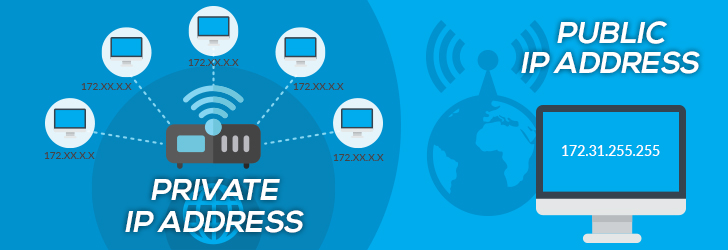VPS (Virtual Private Servers) From T1S
We at T1S offer a very different VPS service to our competition. The types of access that we can grant, secure management access, Firewall policies and the way we handle IP address allocation really does set the bar alot higher than most.
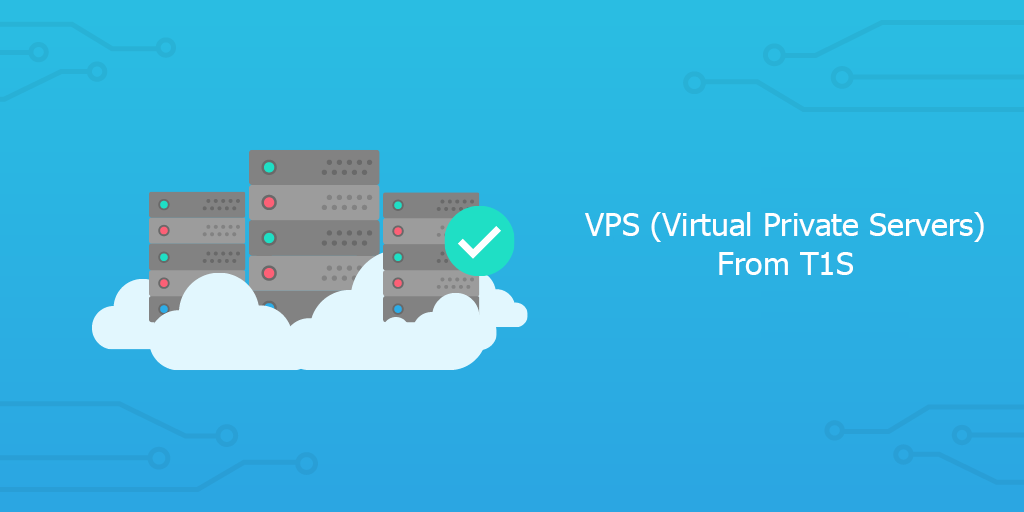
Virtual Console Access
We can provide virtual console access which gives our clients the ability to load their own ISO images. This allows them to install their own Operating Systems that meet their requirements. You have the ability to set encryption keys to your server on boot-up as you will be able to see your virtual servers boot-up sequence, giving you total control.
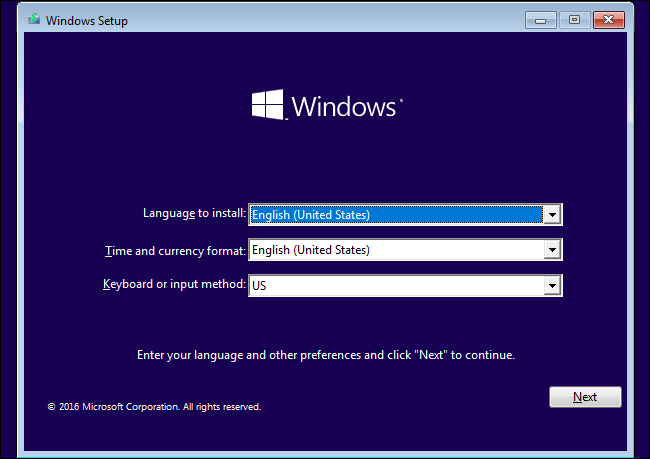
Management Access
At T1S, Security is at the core of everything we do and allowing RDP or SSH access directly from the internet is not something that we feel is a very secure method for management. We understand that for some business cases this is justified and our team is here to work with you on how to do this safely.
As an alternative you will be able to use our VPN service protected by our own Mutl-Factor Authentication solution (AAAS) to connect to your VPS management interfaces.
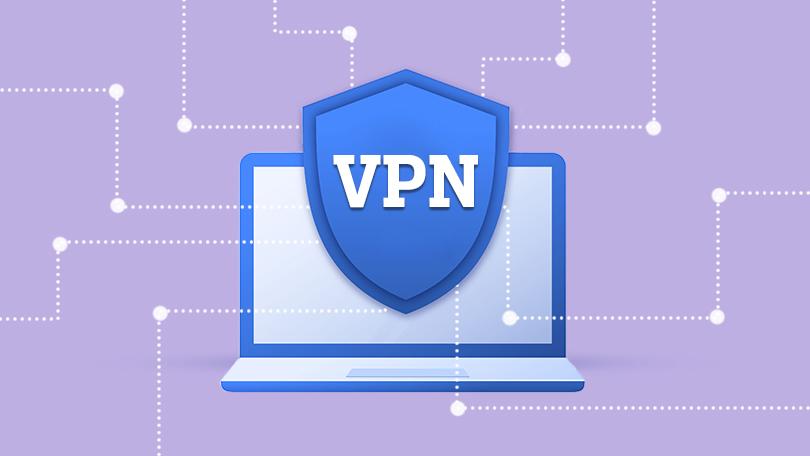
Private or Public
Depending on your business case for needing a VPS we can offer several different approaches. For example if what you need is to host a CRM system that will only be used by your own employees, then you might not need this to be publicly available. Using our secure VPN solution with MFA would provide all the access you need without the added security risks of running this server for the whole world to see.
However if you need a VPS which 3rd parties would require access then the added benefits of how we protect all of our network will ensure your data is safe.
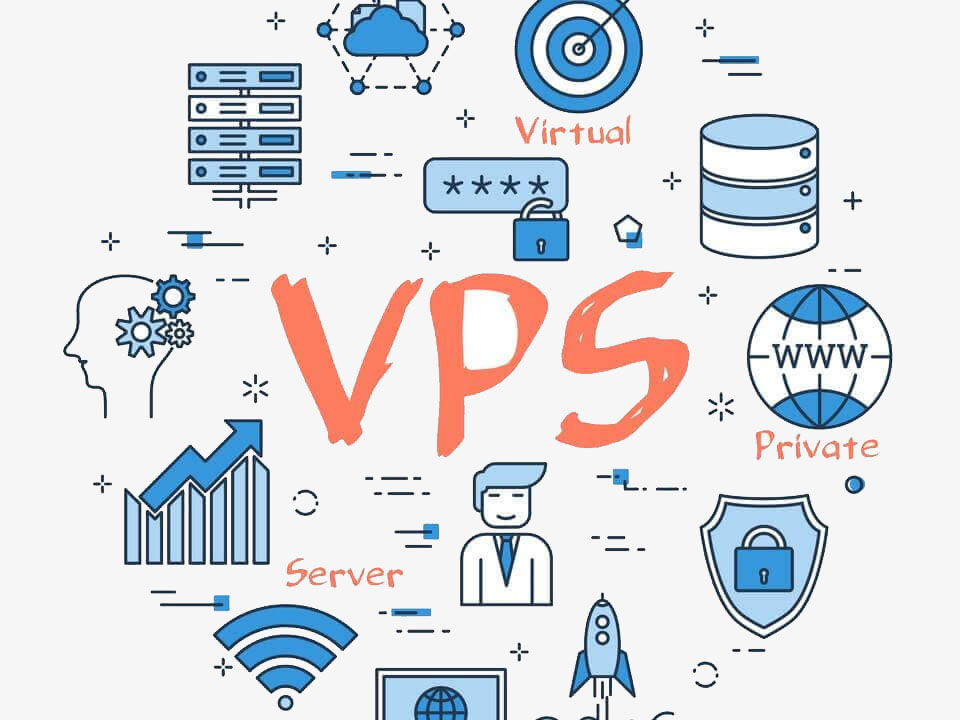
Fully Managed Firewall
Unlike other providers our Firewalls are placed in front of all of our services including VPS. What this means for our clients is that if they want to allow http or https access or any other port number we would need to create a firewall rule which allows this. There are no additional or hidden fees for firewall rule modifications, its all part of our secure VPS service. However as you will read in the next section on public IP addresses we opperate our IP's and port allocations slightly differently.
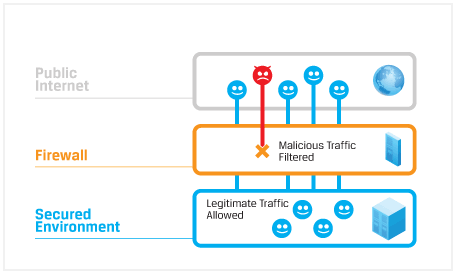
Public & Private IP
Without wanting to sound really technical we issue out our public IP's and port numbers slightly differently to other providers. Each VPS will be allocated a private IP address which is not reachable from the internet and if you want more than one VPS these can be in the same network or if you prefer these can be in different networks. What this means is, if they are in the same network these servers can talk to each other without any T1S firewalls in the way. If they are in different networks we would need to allow these servers to talk to each other.
There is a shortage of public IP addresses at the moment and the adoptation of IPv6 is not as high as we would like. Instead of allocating you a public IP address we will allocate you port numbers (For example, http works on port 80 and https works on 443). For any port number below 1024 there will be a small charge for but any port number above this will be free of charge, all port numbers are subject to availability (But we do have quite a few available).
We are doing this in an attempt to reduce the amount of public IP's we are releasing.
For example, lets say we have two customers, one would like port 80 (http) and the other just wants port 443 (https). Instead of doing what most providers would do and issue out two public IP's, we would forward those port numbers to our customers servers. They may have the same public IP address or different ones. If a third customer wanted port 8443 they could be assigned the same public IP address as the first customer. This gives us the option of just using a single public IP address to provide services to three customers.
